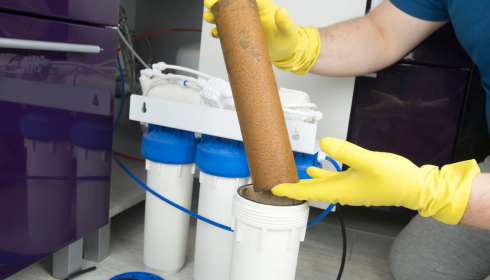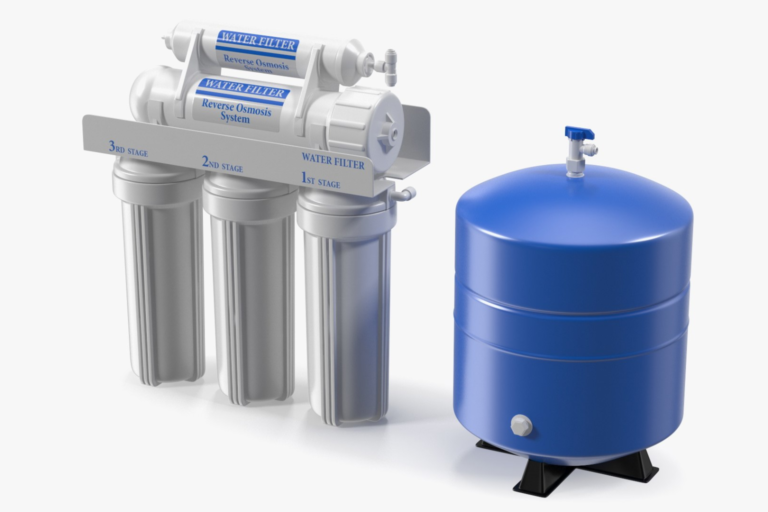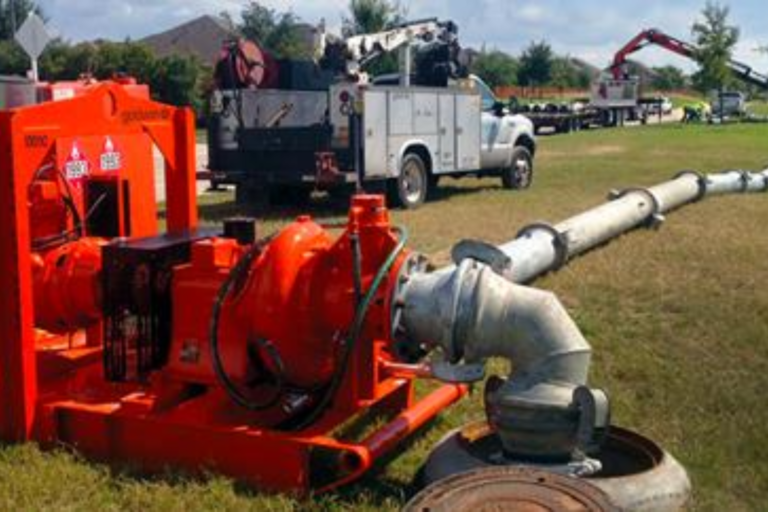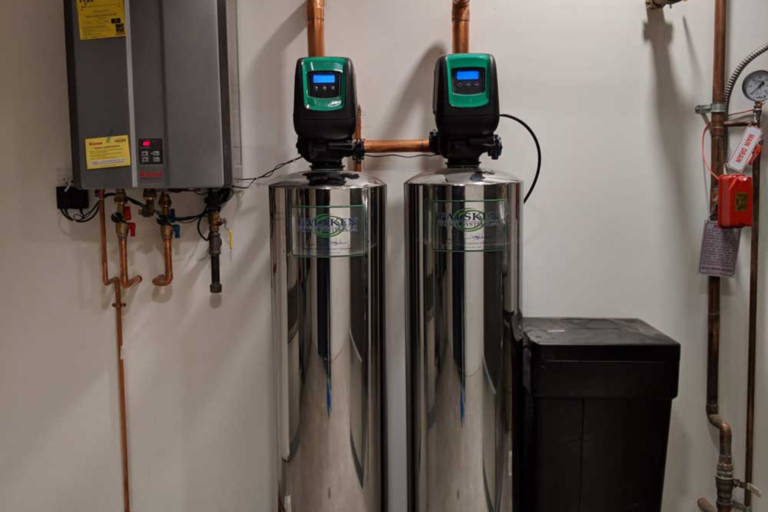
how often to change water filter
There’s a certain comfort in turning on the tap or jumping into the pool and knowing that the water feels… right. Clean. Clear. Refreshing. It’s one of those everyday luxuries we don’t think about much—until something changes. Maybe your drinking water tastes just a bit strange, or the pressure feels weaker than usual. Maybe the pool water looks slightly dull instead of sparkling.
It’s rarely dramatic, but it’s noticeable enough to spark that familiar question: “When did I last change the filter?”
Water filters are small, unassuming guardians of our daily routine. They work silently, catching impurities, protecting appliances, improving taste, and preventing buildup. And yet, we tend to forget they even exist until they’re overworked and exhausted.
When Water Starts Telling Its Story
Water has a subtle way of letting you know it needs attention. Your glass doesn’t taste quite as crisp. Your ice cubes look cloudy. Your kettle develops more scale than usual. Or the pool that normally looks inviting suddenly appears a shade or two less vibrant.
These little changes are the water’s version of waving a tiny flag—“Hey, something’s not right!”
That’s often the moment people begin Googling questions like how often to change water filter, only to realize they haven’t looked at it in far longer than recommended.
It happens to the best of us.
The Real Work Your Filter Does Behind the Scenes
While you’re not thinking about it, your filter is constantly fighting invisible battles. It traps sediment, chlorine, organic contaminants, chemicals, and little unwelcome guests your eyes could never see. It protects your family, your appliances, and even the taste of your morning coffee.
But every filter has a limit. The more it catches, the more clogged it becomes. And once the filter is overwhelmed, the water quality begins slipping—not all at once, but bit by bit.
That slow decline is how bad water sneaks up on you.
So… How Often Should You Replace It?
This is where the answer becomes less straightforward. Filters don’t work on a strict schedule—they work based on usage, water quality, and household activity.
Still, there are general guidelines that give you a good starting point:
- Refrigerator filters: every 6 months
- Under-sink carbon filters: every 6–12 months
- RO system filters: pre and post-filters every 6–12 months, membrane every 2–3 years
- Pitcher filters: every 2 months
- Shower filters: every 4–6 months
- Whole-house sediment filters: every 3–6 months
But the truth is, real-world usage always varies. A house full of kids, guests, or frequent cooking will need more frequent changes than a home with just one or two people.
The Telltale Signs It’s Time
If you’re unsure whether it’s time to replace your filter, your water and devices often tell you. Here are the subtle hints:
– decreased water pressure
– metallic or earthy taste
– cloudy or dull appearance
– unusual odors
– more residue in sinks
– appliances acting sluggish or louder
– ice tasting “off” or freezing oddly
Ignoring these signs can lead to more serious issues—especially in systems like pools or whole-house filtration.
When Replacement Becomes a Priority
By the time you start asking how often replace water filter, there’s a good chance your filter is already overdue. Many people delay replacement because everything “seems fine,” but water filters don’t need to fail dramatically to cause problems.
A clogged filter forces systems to work harder, which:
– shortens the lifespan of appliances
– reduces filtration efficiency
– increases energy use
– causes hidden buildup
– potentially allows contaminants to slip through
Replacing a filter on time is cheaper and easier than repairing the damage caused by ignoring it.
What About Pool Filters?
Ponds, pools, and spas operate in their own universe of water care. A pool’s clarity, health, and safety depend heavily on filtration—yet many people only check the chemical balance and forget the actual structure holding everything together.
That’s where the pool filter housing becomes a surprisingly important piece of the puzzle. The housing keeps the filtration system secure, sealed, and functioning properly. If it cracks, wears out, or becomes compromised, it affects the entire filtration process—even if the filter cartridge itself is fine.
Pool filters work harder than drinking water filters because they’re dealing with:
– outdoor debris
– algae
– sunscreen and body oils
– dirt from swimmers
– insects and leaves
– rainwater runoff
So maintenance isn’t optional—it’s essential.
The “Ah-Ha” Moment After You Replace It
The funny thing about filters is that you often don’t realize how bad your water had become until you replace them. Suddenly your coffee tastes richer. Your shower feels smoother on your skin. Your glasses come out of the dishwasher crystal-clear.
And if it’s a pool? The water practically glows. That cloudy haze disappears, and everything looks freshly reset.
You feel the upgrade instantly.
A Simple Habit That Makes Everyday Life Better
Replacing your filter on time doesn’t require heavy equipment or complicated instructions. It just requires awareness. You can even set reminders on your phone every few months so the task doesn’t slip into the background.
And trust me—your home will thank you.
Your water heater lasts longer.
Your refrigerator performs better.
Your drinking water tastes cleaner.
Your pool runs smoother.
Small habit, big impact.
Bringing It All Together: Water That Just Feels Good
Clean water isn’t a luxury—it’s part of daily comfort. It’s what you cook with, bathe in, drink, and depend on without thinking. Keeping your filters fresh is one of those quiet responsibilities that protects not just your appliances, but your peace of mind.



